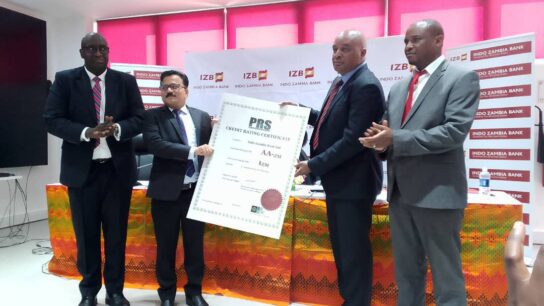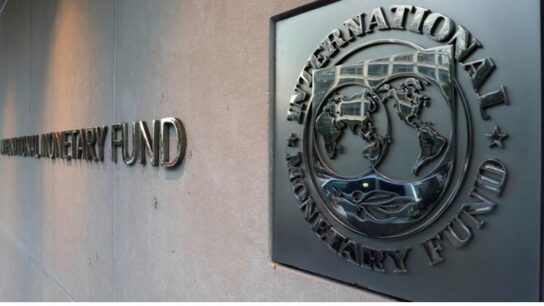• Growers were contracted to produce 5 million kilograms of tobacco.
• Last year some farmers did not manage to produce the required tobacco quantities due to drought.
• JTI does not sale the tobacco it buys from the farmers.
Japan Tobacco International (JTI) Leaf Zambia says it is expecting tobacco production of 5.2 million kilograms from its contracted growers in Chipata, Eastern Province.
Speaking to Money FM News, Leaf Operations Manager Dr. Ezekiel Mtonga stated that one farmer is producing about 1, 800 kilograms of tobacco instead of 1, 200 or 1, 300.
Dr. Mtonga said this is as a result of the intense training the farmers have undergone under the auspices of JTI.
“We have a specific tonnage in a particular production year, for example this year, we contracted the growers to produce 5 million kilograms of tobacco, and that’s what we are expecting but we know that because we have done a lot of training for our crop per hectare, instead of producing maybe for argument’s sake 1, 200 to 1, 300 kilograms, now we have a situation where one farmer is producing 1, 800 kilograms.”
“We have what we call crop estimates and so we have done the last crop estimate which shows us that we have a little bit more tobacco, which the farmers have produced and we will need to buy that crop. Instead of getting 5 million kilograms of tobacco, we may be getting 5.2 million kilograms of the crop. That’s what we are expecting,” Dr. Mtonga revealed.
He revealed that in 2020, some farmers did not manage to produce the required tobacco quantities due to the drought experienced in some parts of the Province, but that this year’s good rainfall has increased production levels.
“Last year we had a problem, part of Eastern Province was hit by drought and some of the farmers did not manage to produce the tobacco that was supposed to be produced. We were looking at getting 5.2 million kilograms but we couldn’t manage, we got about 4.8 million kilograms of the crop. But this year, we had good rainfall and that also has increased production.”
“But the Technology or the farming pattern that we have been giving our growers has now assimilated into them and now they are putting it into practice and they have also realized the fact that growing tobacco is a business. So there is an improvement in farm management and farm gate, including the handling of leaf , translating into high yields,” he stated.
Meanwhile, Dr. Mtonga disclosed that JTI does not sale the tobacco it buys from the farmers as whatever is produced is used to manufacture cigarettes.
“We get 5 million kilograms of tobacco and take it to Tombwe in Lusaka for processing, and once it is processed, it is taken to our factories overseas to go and manufacture cigarettes,” Dr. Mtonga added.
Japan Tobacco International (JTI) Leaf Zambia has contracted about 2, 002 small scale farmers in Eastern Province to supply tobacco during this marketing season.
The contracted farmers were given inputs and other incentives to grow good quality tobacco on interest free loans and once they grow their tobacco, they are assured of a ready market for their produce.







